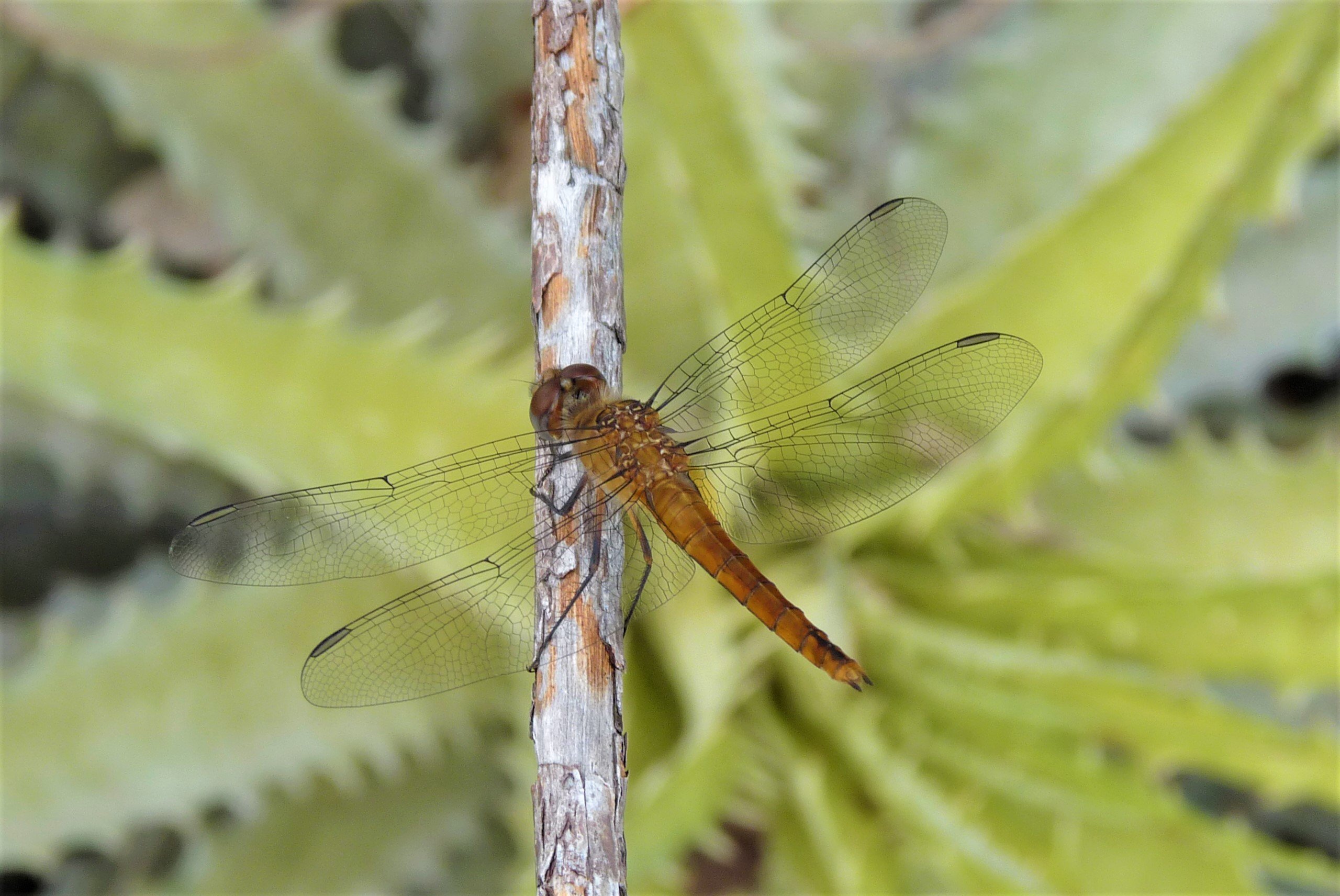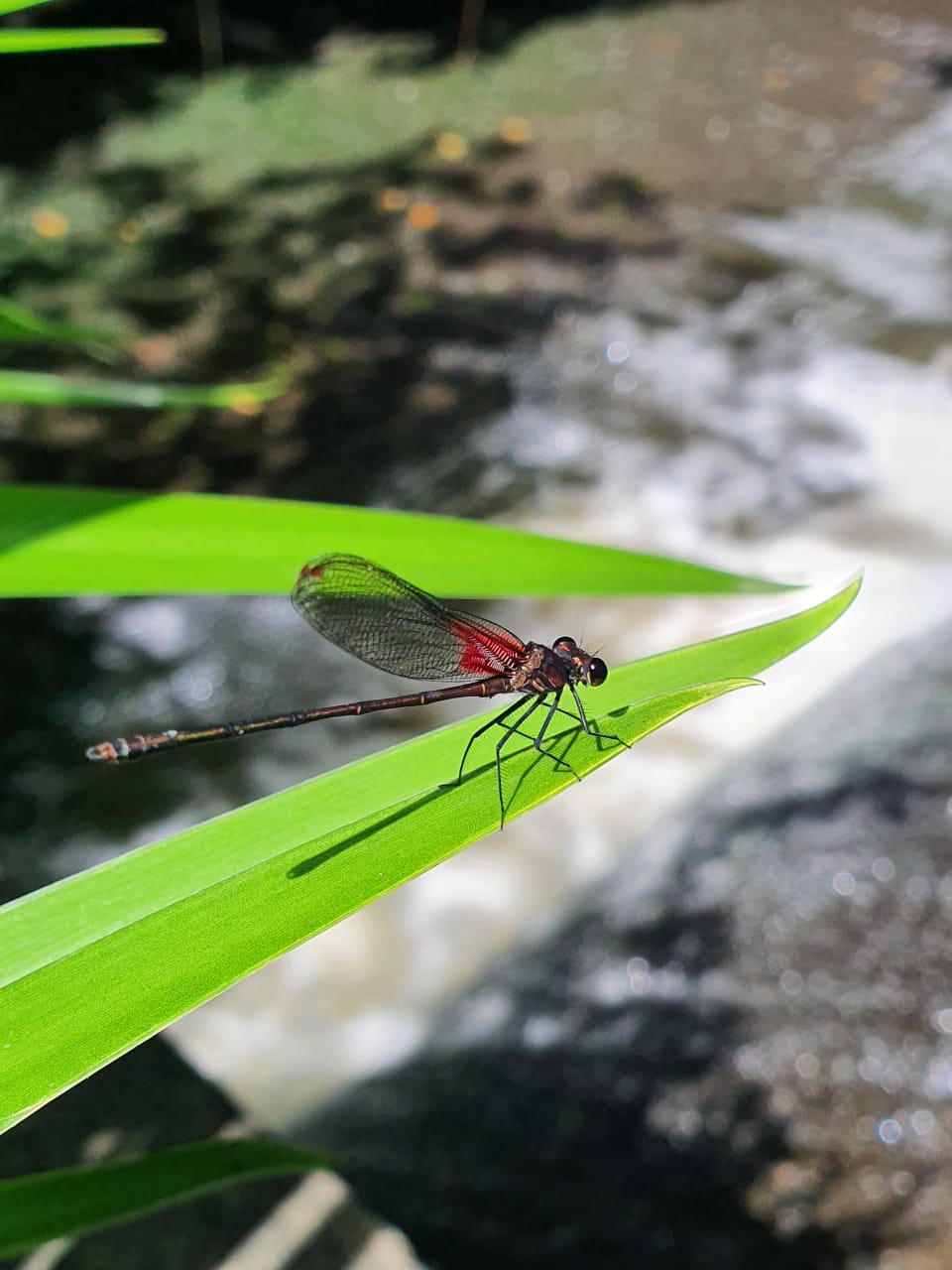- 2.1Impact Factor
- 4.0CiteScore
- 17 daysTime to First Decision
Diversity, Ecology and Evolution of Odonata
This special issue belongs to the section “Animal Diversity“.
Special Issue Information
Dear Colleagues,
The order Odonata, dragonflies and damselflies, occurs practically throughout the entire planet, except the poles, currently representing about 6400 species distributed in 650 genera, with hundreds of species still to be described. Odonates are characterized by their extensive predatory habits and their important role in food chains in freshwater environments, and they are also considered excellent bioindicators of habitat quality. Despite having fewer species than other megadiverse groups, its position in the Pterygota phylogeny makes it a key group for understanding the evolution of insects. Therefore, and considering their ecological and evolutionary importance, we present this Special Issue focused on various aspects of the diversity of odonates.


The scope includes but is not limited to the following fields: species diversity and distribution, community composition, biogeographic patterns, evolutionary history, genetic diversity, and population and community ecology. If you are interested in this opportunity or have any questions, please do not hesitate to contact us.
Dr. M. Olalla Lorenzo-Carballa
Dr. Ricardo Koroiva
Guest Editors
Manuscript Submission Information
Manuscripts should be submitted online at www.mdpi.com by registering and logging in to this website. Once you are registered, click here to go to the submission form. Manuscripts can be submitted until the deadline. All submissions that pass pre-check are peer-reviewed. Accepted papers will be published continuously in the journal (as soon as accepted) and will be listed together on the special issue website. Research articles, review articles as well as short communications are invited. For planned papers, a title and short abstract (about 250 words) can be sent to the Editorial Office for assessment.
Submitted manuscripts should not have been published previously, nor be under consideration for publication elsewhere (except conference proceedings papers). All manuscripts are thoroughly refereed through a single-blind peer-review process. A guide for authors and other relevant information for submission of manuscripts is available on the Instructions for Authors page. Diversity is an international peer-reviewed open access monthly journal published by MDPI.
Please visit the Instructions for Authors page before submitting a manuscript. The Article Processing Charge (APC) for publication in this open access journal is 2600 CHF (Swiss Francs). Submitted papers should be well formatted and use good English. Authors may use MDPI's English editing service prior to publication or during author revisions.
Keywords
- Zygoptera
- Anisoptera and Anisozygoptera
- species diversity
- distribution
- community composition
- behavioral ecology
- biodiversity and conservation
- population and community ecology
- biogeographical patterns
- evolutionary biology
- parasitism
- genetic diversity
- phylogenetics and phylogeography
- population genetics
- morphological and molecular taxonomy
Benefits of Publishing in a Special Issue
- Ease of navigation: Grouping papers by topic helps scholars navigate broad scope journals more efficiently.
- Greater discoverability: Special Issues support the reach and impact of scientific research. Articles in Special Issues are more discoverable and cited more frequently.
- Expansion of research network: Special Issues facilitate connections among authors, fostering scientific collaborations.
- External promotion: Articles in Special Issues are often promoted through the journal's social media, increasing their visibility.
- e-Book format: Special Issues with more than 10 articles can be published as dedicated e-books, ensuring wide and rapid dissemination.

